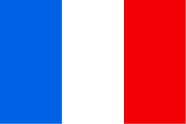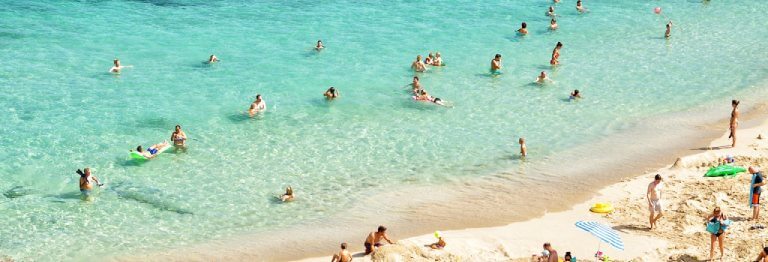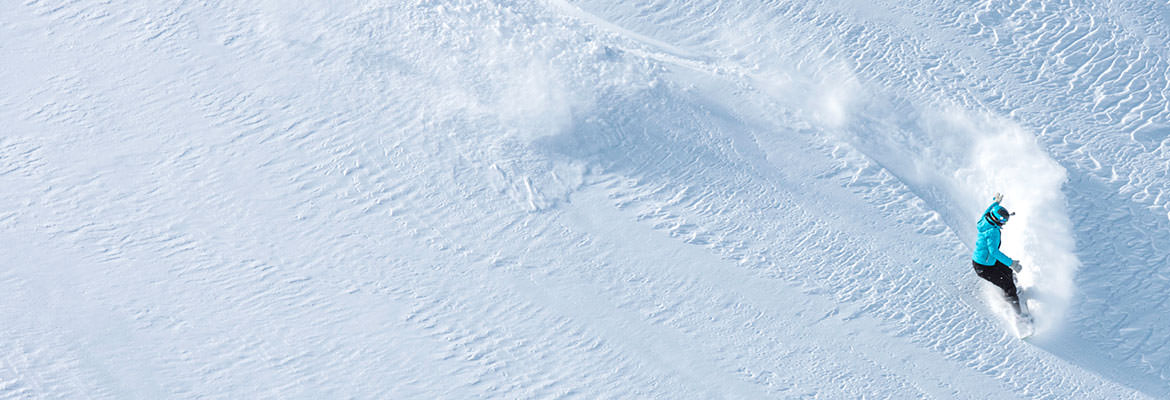

France is a country with vast regional differences in landscape, culture and climate. You can head to Paris for a romantic city break and try champagne tasting in Epernay; ski in the Alps or surf in Biarritz, and enjoy a camping holiday in Brittany.
For many, the luxurious Cote d’Azur is the place to see and be seen. Although it has no official borders, the Cote d’Azur is a stretch of coastline that’s generally considered to run from Cassis in the west, right up to the Italian border in the east. It’s comprised of world-famous resorts such as Saint Tropez, Cannes and Nice, and it includes the sovereign state of Monaco.
Then, of course, there’s Paris – the most romantic city in the world – and it’s many iconic landmarks. From the stunning Eiffel Tower to the impressive Arc de Triomphe, France’s capital city has more than its fair share of attractions (not to mention photo spots!).
Culturally, France is very similar to the UK. You can spend your days relaxing in café-lined streets, exploring village-square markets and eating in bistros. Although French is the national language, many locals in cities and popular tourist spots speak English, so communicating isn’t usually a problem for British tourists. Before you travel though, you’ll need to convert your money to euros.
Whatever you get up to, it's important that you buy travel insurance for France to help protect yourself against any unforeseen eventualities.
Below is some more information about our products, for which Terms and Conditions apply. Please visit the policy information hub for full details.
Why may I need travel insurance for France and what is covered?
Although France is close to home, you’ll still need to protect yourself against unexpected eventualities by purchasing travel insurance for France. Even though it’s considered a safe place to visit, there are still things that could go wrong. Your flight could be cancelled due to bad weather, you may fall ill after eating food that disagrees with you, or you may have some of your valuables stolen. Of course, we hope that none of these things happen, but travel insurance for France is there to protect you, just in case they do.
Our Single Trip, Annual and Backpacker policies can help keep you protected whether you’re heading to France for a summer beach holiday, taking multiple trips to this beautiful country or visiting France as part of a backpacking adventure across Europe.
Across our Single Trip and Annual policies, you can choose from our Bronze, Silver or Gold levels of cover. Depending on the level of cover you choose, you’ll be protected for:
- *Not available with Bronze level cover.
- **Only available with Gold level cover.
Frequently Asked Questions
From 5th May 2021 we will temporarily be unable to offer travel insurance policies to offer car hire excess. This is only for the short term, while we make improvements to our online booking process. Please keep an eye on the Allianz Assistance website in the future so you are aware when we are able to offer this additional cover again. Policies purchased before 5th May 2021 aren’t affected and your cover won’t change.
If you plan on driving in France, then you should check the motoring requirements for France before you set off.
Firstly, you’ll need to ensure that your car insurance includes cover outside the UK. You’ll also need to make sure that you have European Breakdown cover. If you’re taking your own vehicle to France, then you’ll need to take your log book (also known as a V5C), your insurance certificate and your driving licence. If you’re taking a vehicle abroad that you’ve either hired or leased in the UK, you’ll need a VE103 certificate.
If you’re hiring a car in France, then please be aware that most hire companies will ask to see your driving licence information when you pick up the car. As a result, you should get a ‘licence check code’ before you arrive. Plus, while your rental agreement may include some insurance for theft and third party liability, you’ll probably still be at risk of a large excess payment if you crash, if the car is stolen or if there’s accidental damage. But after our booking engine updates have been made, you will be able to select our Car Hire Excess insurance. With this, we’ll help cover the excess set by the provider of your hire car company’s Collision Damage Waiver policy.
Before you travel to France, you’ll also need to familiarise yourself with the rules of the road when driving in Europe. Remember, you’ll need to drive on the right side of the road and take extra care on roundabouts, where priority may be given to traffic entering the roundabout. This is common at large urban roundabouts, such as at the Champs Elysées in Paris.
Plus, you’ll need some essentials for driving in France, including:
- Headlamp converters (if your car is right-hand drive)
- A high visibility jacket for each occupant
- A GB sticker (If your car doesn’t have a number plate that includes the GB euro-symbol)
- Warning triangles
- Spare bulbs (this is recommended but not mandatory)
- Breathalyzers
- Snow chains (these are compulsory in some areas during winter months)
In addition, you’ll need an air pollution sticker to drive in some large cities, and you’ll need to ensure that your satellite navigation system doesn’t have speed camera detectors. If it does, you’ll need to disable them before you arrive in France.
If you’re travelling within the EU, then an EHIC or GHIC card is an important document to take. The GHIC is set to replace the EHIC card now the UK has left the EU. But, it’s not a replacement for travel insurance.
Either one of these cards entitle you to cheaper (sometimes free) emergency treatment in France. While the card entitles you to the same treatment as local citizens, you should be aware that some healthcare in France isn’t free. In addition, neither your EHIC nor your GHIC will not cover you in all circumstances, including medical repatriation.
For this reason, you should still take out travel insurance for France. That way, your medical bills will be included in your policy, and you’ll have cover for things like cancellations, delayed flights and delayed personal possessions too. Plus, as part of the telephone / video GP consultation service on our travel insurance for France, if the GP believes that you need a private prescription for medication, they can authorise this electronically and arrange for the medication to be sent to you*.
Despite the UK leaving the EU in January 2021, the EHIC remains valid for UK holders until the expiry date of their card. However, once your EHIC has expired you will have to apply for a Global Health Insurance (GHIC). The GHIC will take the place of the EHIC and can be applied for and ordered now if you don't already own an EHIC.
*You will have to pay for your medication and its delivery.
France is home to some of the best ski resorts in the world. Whether you’re heading to Chamonix, Tignes, Val-d'Isère or Megève, you’re almost guaranteed great weather and beautiful views.
But, if you go skiing or snowboarding in France, you’ll need to purchase additional cover. Our Winter Sports and Ski Insurance can help protect you against ski-specific risks such as piste and avalanche closure. Plus, your equipment is covered, so there’s no need to worry about costs incurred if it gets lost or damaged.
France is considered to be a safe country to visit, but thefts and scamming still take place in busy cities and near tourist sites. You should be especially careful around popular tourist spots, where pickpockets may try to steal your valuables. If possible, keep all of your valuables out of sight in closed, zipped pockets. In France, it’s common for scammers to try and get tourists to sign up to fake charity initiatives, so be very wary if someone is asking for your personal information.
Culturally, France is very similar to the UK. This extends to the culture around tipping. If you enjoy a lovely meal at a restaurant, then you should leave a small tip of a few euros. If you feel like the service was particularly good, then this can go up to 5-10% of the bill.
Although most French residents do speak English, you may find that residents in rural parts of France and non-tourist areas don’t. As a result, it’s worth carrying a French phrase book with you, or having a few conversational French phrases to hand.











